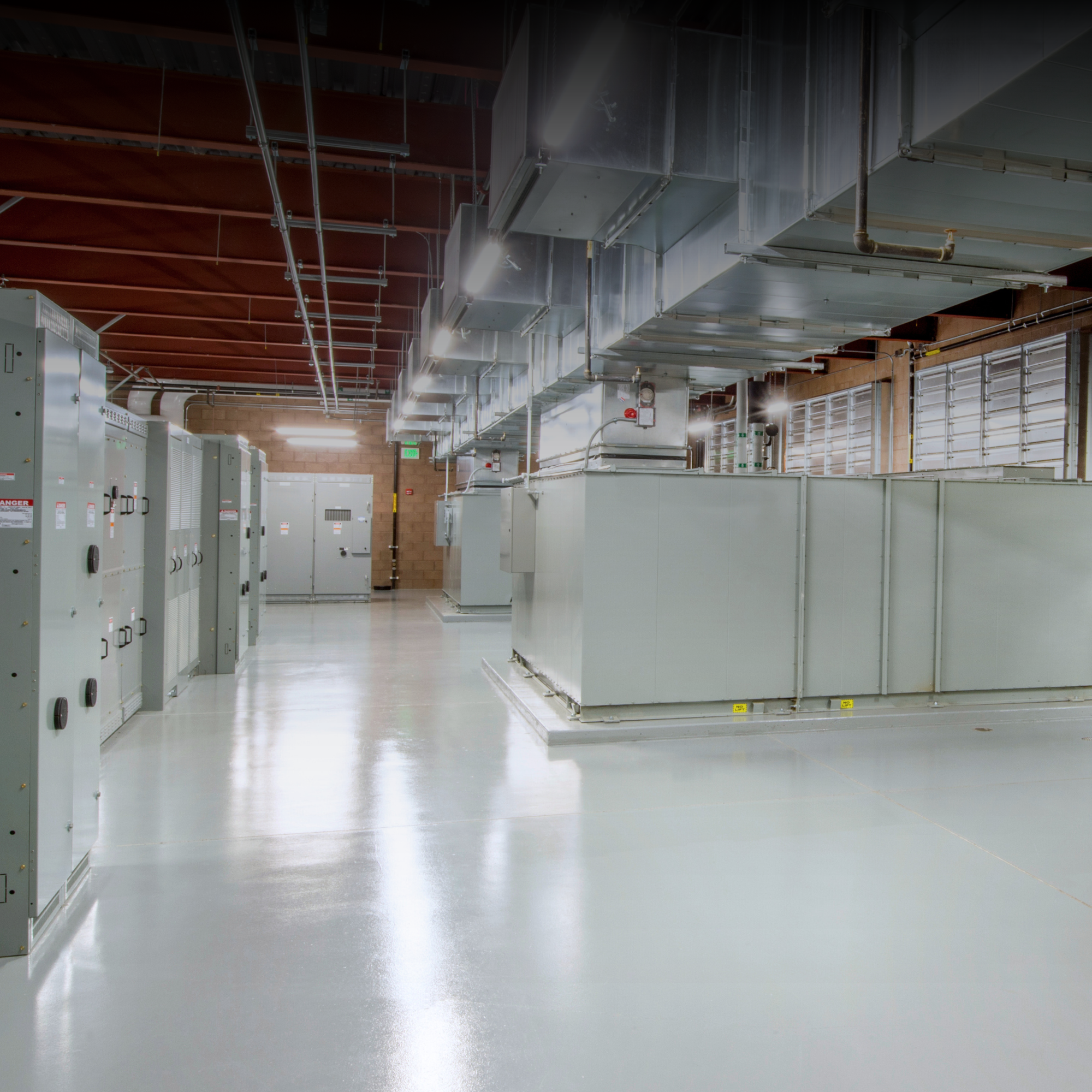CUTTING-EDGE DESIGNS
We design factories that produce batteries for the next generation of electric vehicles.
IPS is at the forefront of designing evolving workplaces for the battery manufacturing market and Lithium ion batteries of all types, including Lithium Iron Phosphate, Lithium Cobalt Oxide, and Lithium Manganese Oxide. We understand how to build battery plants for the next generation with decarbonization, lengthy lead times, and specialized equipment.
Manufacturing EV batteries requires special equipment. For example, these factories require super dry environments and unique dehumidifiers. Lithium battery dry rooms must reach a production-perfect -40°F to -70°F with low dew points. Controlled low dew point moisture levels and stable, all-year performance help ensure quality battery manufacturing and maximized uptime.
IDEAL ENVIRONMENTS
IPS designs adaptable EVB factories that evolve and adjust with new emerging technology.
IPS decouples factory base building design from the manufacturing process to allow for flexibility. Lithium-ion battery manufacturing demands the most stringent humidity controls and the first challenge is to create and maintain these ultra-low RH environments in manufacturing plants. To keep the perfect environment for producing EVB, the factory requires air handlers, heat pumps, dehumidifiers, and fans for exhaust and ventilation. Parts with tight tolerances are characterized by little variance in dimension, size, and fit.
DISCOVER
OUR
SPECIALTIES
SPECIALTIES
SAFETY & SUSTAINABILITY FIRST
IPS designs factories while prioritizing human welfare and the environment.
The manufacturing of batteries releases a number of hazardous materials which must be controlled and mitigated by our designs. Battery dry rooms should be engineered to control static, particulate matter, out-gassing, and other sources of contamination and compromising conditions. Facilities for energy manufacturing need to be able to manage the unique hazards posed by battery cells themselves. During the manufacturing process, if the battery cells get above 35 to 50 percent state of charge, they must be treated as a fire hazard due to the energy density in a large number of stored cells. Understanding state of charge is key to creating a safe working environment.
IPS is aware that unusual material production cannot always be predicted with lab tests during the bulk production of batteries. Filling a canister with lithium is typically one of the most important steps in the production of EV batteries. Small-scale production has taught us that we must regulate the emissions and fumes generated during this operation. On a bigger scale, this procedure has been known to yield an unruly “goo” that can seriously harm instruments, equipment, and fans.
Whether you have a question about our services, projects, or pricing, our team is ready to answer all your questions.
Take the next step in your career with IPS. We’re always looking for fresh, new talent.



– CERTIFIED –








